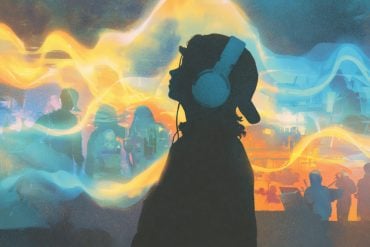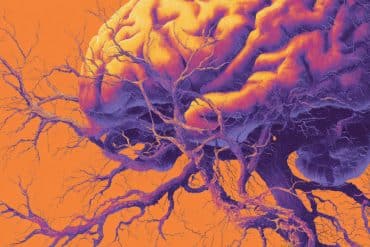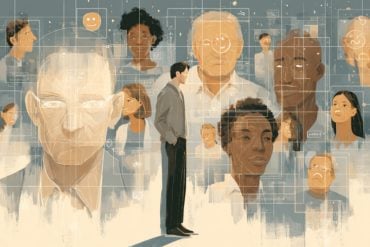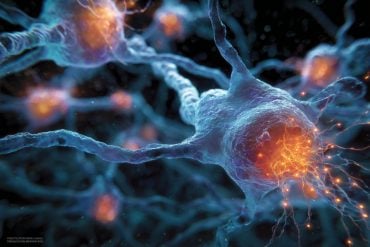My journey to becoming an “Eichenbaumer” started on April 1, 2005. Following my interview at BU, I received an email from a fellow applicant notifying me that he was turned down because of a lack of funding. In a fit of panic, I wrote to Howard, telling him how much I wanted to join his lab, how much I wanted to work with him. Howard immediately wrote back, “I am working on this – stay tuned.” A few hours later, he welcomed me to the lab after having secured a teaching fellowship to fund my first year.
A few months later, I moved to Boston to start my graduate training, a wide-eyed 22-year-old in love with neuroscience and ready to throw myself into research. Of course my first year was just a blur of classes, teaching, and an introduction to cognitive behavior in rodents. But my passion never wavered because I had the honor of having Howard as my advisor. Sure, many are drawn to Howard simply due to his neuroscience “rock star” status – but few have experienced what it’s like to be mentored by his brilliance, enthusiasm, and never-ending energy – and what he’s really like as Howard, proud dad, Sox fan, and all-around down-to-earth Boston guy.
Those who really knew Howard also know that he was quite sarcastic and he sure as hell could be moody. But he also had a great sense of humor and warmth. And he brought together a group of smart, driven students and postdocs that always made the lab a special place to be. We spent endless hours together – in the lab, in the stairwell, outside on the steps near the Pike – laughing, crying, and getting each other through the ups and down of research and life in your 20s/30s.

There’s no question that Howard was a busy guy, and he never, ever sat still for very long. Although he traveled a lot, Howard’s first priority was his lab. I always received timely responses to any emails I sent, even if it was just a few words or sentences (he actually forwarded an email once with this as the body “!!!”) and he made time for us whenever he was at the lab (any Eichenbaumer knew Howard was around by the line outside his office). You would emerge invigorated or frustrated but, either way, you got your questions answered, and fast.
Although Howard is recognized most for his work on memory, I will always be appreciative of his incredible talent as a science writer. Howard was always writing – grant applications, papers, review articles, books – and solely published quite a cannon of literature during his career. Howard had a true gift; he could easily break down complex science and make it available to the public at large. Regardless of your education level or background, you could pick up Howard’s books and immediately connect with his stories, his writing, his passion.
Not surprisingly, the paper-writing process with Howard was intense – once those data were in, there was no slowing him down on the way to getting that published. Regardless of where it ended up, that article would be just damn perfect when it got there. That level of perfectionism was not lost on me, and pushed me to become a good scientist and a good writer. Because once you’ve passed Howard’s test, you were gold. And getting that first paper accepted is a feeling unlike any other I’ve experienced. Howard inadvertently trained me to be a science writer, and the time I spent writing papers with Howard and writing my thesis is time I cherished most out of my time as a graduate student.

Following graduation and a miserable post-doctoral experience, I made a big decision to leave academia and research entirely. Most people were surprised and encouraged me to take another post-doc. But I knew the decision was right for me. I guess you never really understand just how poorly research is performed while under the giant halo of Howard’s lab but p-hacking, sloppy science, and a lack of respect for the scientific method is unfortunately common in many big labs, despite their reputations. And while I was worried to share the news with colleagues, I was most concerned about how Howard might react. But he met the news with support and confidence in my ability to succeed in a new career. And I will be forever grateful for that, above all else.
But now I’m blinking back tears, as the reason I’m writing this is because that time has now passed, and our moments with Howard have come to a close.
On October 5th, we gathered at BU to remember Howard and reflect on his personal and professional contributions. It was a long, difficult day for all of us. But I left Boston with a happy and gracious heart, for everything Howard gave us, for the connections forever forged between us, for his inspiration, for his heart, soul, and mind.
I’ve had a few dreams about Howard over the past several months. In some, I get the chance to say good-bye. In others, Howard is still very much alive and well and planning his next experiments. But, in one particular dream, Howard is very keen on knowing how I am doing, how we all turned out.

So, Howard, please know that we all turned out just fine – we have jobs in industry, academia, consulting, or in healthcare. We have families and children, in the US or elsewhere. We are passionate about what we do, in everything we do, every day. Because you taught us well, trained us to take on the world and whatever else awaited us outside the lab door.
And any Eichenbaumer knows that Howard has somewhere carved a corner out of the universe and set up a new office, overflowing with journal issues, articles, and, of course, colorful scribble on his white board. Furiously pacing while he speaks, pounding keyboards to get through piles of emails, welcoming us in with a quick smile. That’s where you reside in my mind, Howard, and where you will stay – a ball of inspirational passion and energy.
So, thank you, Howard. And know that we are all alright, walking in your footsteps everyday, forever bound though our bond to you and that magical thing they call memory.
NeuroscienceNews.com would like to thank Loren for sharing her touching, personal memories with our readers about Dr. Eichenbaum.
Source: Loren DeVito, PhD – StickyInk.Net
Publisher: Organized by NeuroscienceNews.com.
Image Source: Images are credited to Loren DeVito.
[authorbox authorid=”8448″ title=”Loren DeVito”]







